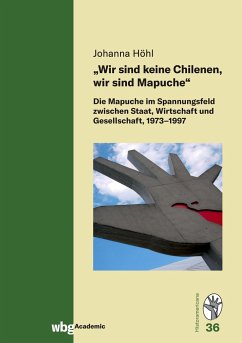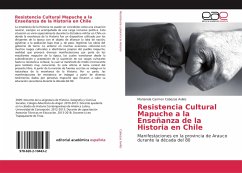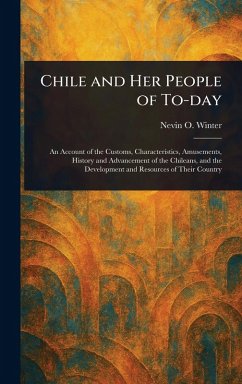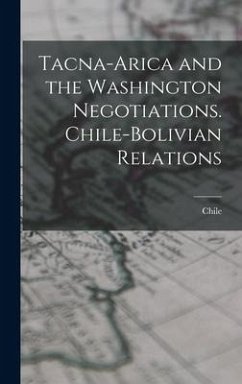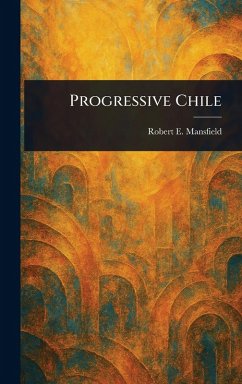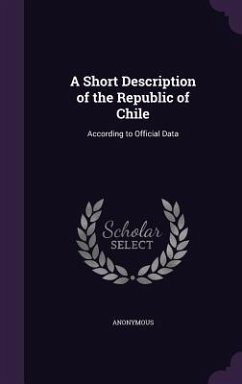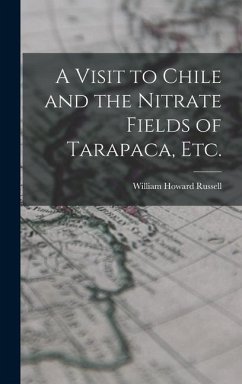Nicht lieferbar
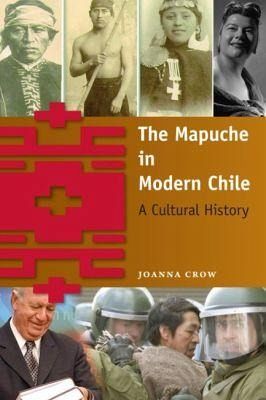
The Mapuche in Modern Chile
A Cultural History
Versandkostenfrei!
Nicht lieferbar
Weitere Ausgaben:
The Mapuche are the most numerous, most vocal and most politically involved indigenous people in modern Chile. Their ongoing struggles against oppression have led to increasing national and international visibility, but few books provide deep historical perspective on their engagement with contemporary political developments. Building on widespread scholarly debates about identity, history and memory, Joanna Crow traces the complex, dynamic relationship between the Mapuche and the Chilean state from the military occupation of Mapuche territory during the second half of the nineteenth century t...
The Mapuche are the most numerous, most vocal and most politically involved indigenous people in modern Chile. Their ongoing struggles against oppression have led to increasing national and international visibility, but few books provide deep historical perspective on their engagement with contemporary political developments. Building on widespread scholarly debates about identity, history and memory, Joanna Crow traces the complex, dynamic relationship between the Mapuche and the Chilean state from the military occupation of Mapuche territory during the second half of the nineteenth century through to the present day. She maps out key shifts in this relationship as well as the intriguing continuities. Presenting the Mapuche as more than mere victims, this book seeks to better understand the lived experiences of Mapuche people in all their diversity. Drawing upon a wide range of primary documents, including published literary and academic texts, Mapuche testimonies, art and music, newspapers, and parliamentary debates, Crow gives voice to political activists from both the left and the right. She also highlights the growing urban Mapuche population. Crow’s focus on cultural and intellectual production allows her to lead the reader far beyond the standard narrative of repression and resistance, revealing just how contested Mapuche and Chilean histories are. This ambitious and revisionist work provides fresh information and perspectives that will change how we view indigenous-state relations in Chile.





